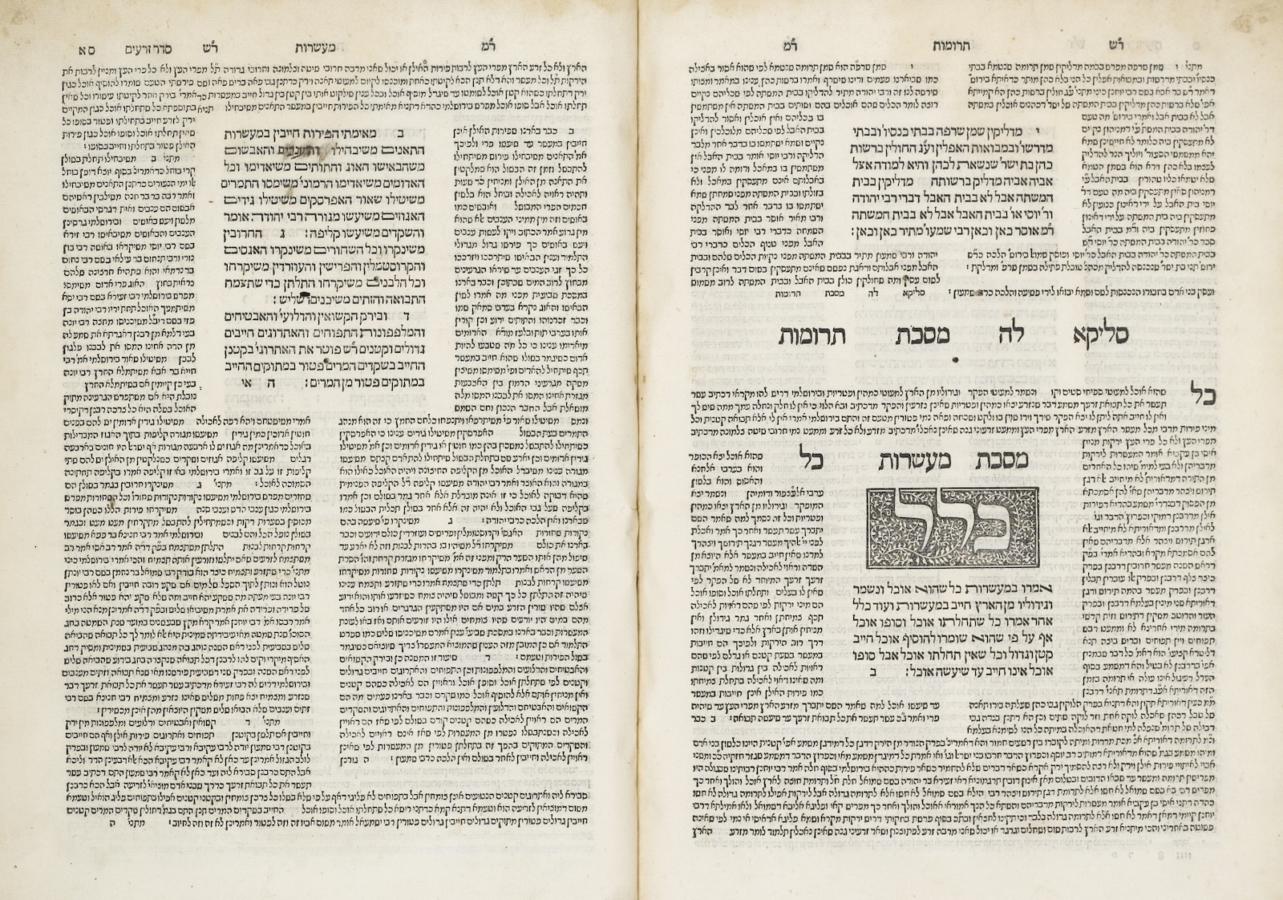On June 7, 2027, the Jewish people will complete Daf Yomi, the 7.5-year cycle of studying a page of Talmud each day. And with the end of this cycle, we will begin again. Every seven years there is a new invitation to join this massive worldwide learning project of the core sacred texts of Judaism.
For generations Talmud study, and especially Daf Yomi, was only available to Jewish men with vast learning experience. Today, there are amazing tools that help make Daf Yomi learning available to more people than ever.
If you have never studied any Talmud, Daf Yomi might not be the best place to start. (You might consider this course or this one.) But if you are considering committing to the seven year daily page version, here are seven practical tips for sticking with your learning:
1) Take notes in a searchable format
Very early on in my on Daf Yomi learning, someone advised me to take searchable notes.. I have found this advice to be priceless. For each page I write at least one or two notes of something that spoke to me — whether it was interesting, beautiful, or troubling. When I fall in love with a daf, I mark it with all caps: LEARN THIS PAGE! My notes live in Google Drive, so I can access them from anywhere. In the years of learning Daf Yomi, I have returned to these notes time and again.
With your help, My Jewish Learning can provide endless opportunities for learning, connection and discovery.
2) Embrace the forest over the trees
Daf Yomi is not the same as slow, in-depth Talmud learning. When you learn Daf Yomi, you are given the chance to see broad themes and patterns that can be harder to notice when studying at a slower pace. Embrace this bigger picture perspective, and know that you won’t be able to explore every nuance or understand each twist and turn of the argument. Instead, ask yourself what themes emerge? What is at stake in the conversation? What symbols do you see and what can they teach us? One tip: focus on the questions rather than the answers.
3) Don’t stress if you fall behind, but have a plan for catching up
You will fall behind. Don’t feel guilty. The trick here is to have a predetermined plan for how you will catch up. Some people set aside a block of time to learn several pages at once. I usually just switch to two pages a day until I am caught up. You will find something that works for you. I have been as much as 20 days behind and I have always managed to get back on track. Be patient and forgiving– and don’t give up.
4) Have a texting buddy for sharing super great or horrible moments
While I am the world’s largest fan of havruta learning, it is hard to commit to a daily practice that requires coordinating with someone else’s schedule. Instead, I suggest finding one other Daf Yomi learner who you can text with. Share insights, complaints, or amazing quotes.
5) Celebrate each siyyum as you go
A siyyum is a celebration marking the end of some unit of Torah study. In the case of Daf Yomi, this could be each of the 63 tractates of the Babylonian Talmud. Take the time to mark these occasions. You can find a group of friends to share a teaching with and say the hadran kaddish traditionally recited at a siyyum. Or join a group siyyum in your local community. You can write a teaching about the tractate to post on Facebook. Or just buy yourself a special dessert.
6) Study during a time you’d otherwise be waiting or wasting
Over the years, I have studied Daf Yomi on the subway, in the grocery store, and walking to or waiting for appointments. I have studied while folding laundry and cooking Shabbat dinner. This method layers Daf Yomi on top of your life and reduces the opportunity cost, since it doesn’t take its own designated time. It also adds meaning to otherwise dull moments.
7) Find a Podcast
We are blessed to live in the age of the podcast, and there are dozens of great ones with expert teachers for every page of Talmud. Some are faster, some slower. Some are geared toward beginners, while others assume a lot of background knowledge. If you can attend a regular Daf Yomi class in person, that is obviously ideal, but for those of us whose schedules won’t allow that, using a podcast is not a cop-out. Think of the podcast as your teacher. There are no extra credit points for learning all on your own.
Here are three of my favorite podcasts:
- Young Israel Century City: This is a recording from a Daf Yomi class in Los Angeles by Rabbi Yitzchak Etshalom, who reads and translates everything in a very short amount of time — just 15 to 25 minutes. It’s fast, but your brain will learn to “listen faster,” I promise.
- Yeshivat Chovevei Torah: These recordings from Rabbi Dov Linzer are longer and more thorough.
- Dr. Michelle Farber: This class, from Dr. Farber’s home in Israel, records each class in both English and Hebrew. They are around 45 minutes each, and she takes time to explain what is happening.



